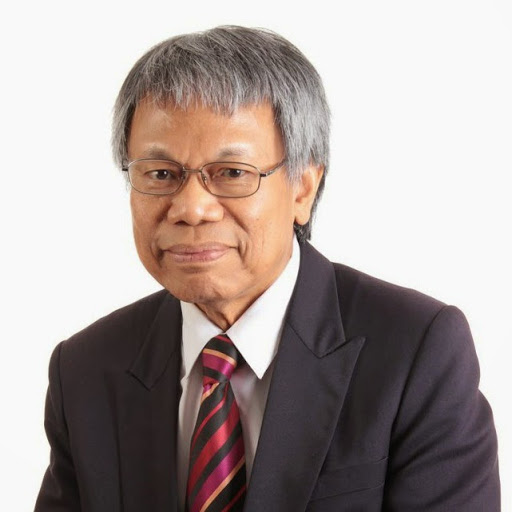The publication of the Third volume of Enderun Colleges Scholarly Review-journal was released in time of Covid-19 pandemic. No matter how difficult the circumstances were, the collated articles included in this issue came at the right moment. Superseding any obstacles, we stay true to our commitment to maintain and continue our goal in sharing new knowledge and discoveries that could be of help to various institutions and researchers. We are fortunate that our researchers share the same vision with us that is why we look at success as collaborative efforts owed to everyone who made this journey possible. This issue is special because we included in our publication two papers that were presented in the Research Festival in partnership with Ascendens Asia held last November 2019.
The first paper is written by our very own faculty member, Ms. Bernabe and co-authored by her students, Tagle, Amores, Francisco and Winter entitled Bleisure: A quantitative study on the destination as a factor in attending MICE events. The findings of the study showed that 70% of the participants considered the destination of the MICE event as a factor in attending or not alongside with the other considerations like speakers, budget, and personal schedule.
The second special contribution is the article presented by Ms. Lagan entitled Psychological Well-Being as Correlates to Organizational Commitment: Basis for Enriched Wellness Program. It concludes that the psychological well-being of employees affects the level of their organizational commitment. Therefore, organization should also evaluate and initiate programs that would help employees strengthen their psychological well-being.
In this time of pandemic, many of us are relying heavily in social media with regards to news and other issues worldwide, with this, our research “Social Media Influence” authored by yours truly, Dr. Salipsip, Ms. Lucero and Ms. Llanera is very timely. The study proved that social media plays a very important role in the purchasing behavior of the respondents with High to Very High level of Influence across gender and birth years.
Another interesting study included in our journal is “Event Sustainability: An Analysis of Wastes, Impacts, and Practices” by Ms. Bernabe, Visbal, Garcia, Diego, Franchina, and Park. The rising concern on sustainability made them question the respondents on what are the unsustainable practices that have the most impact in the environment. Based on the research, top three answers are improper waste segregation, food and beverage wastes and use of plastics.
Long before the pandemic, David and Sta. Maria conducted a study entitled Comparison of the Use of Traditional Classroom Drills and of Online Learning Materials in the Development of Mathematical Skills. They have arrived on the following conclusion ―The results of this study have shown that the use of the traditional drills and online learning resources are equally effective in developing the mathematical skills of learners. This implies that both methods will develop the same skills in the same level among learners, and eventually lead them to attain the expected learning outcomes.” Go, Dela Cruz and Agustin embarked on the study entitled Impacts of a Shift in the Production and Consumption of Marine Protected Resources: A Case of Suyac Island. It presents the social, economic, and environmental impacts of a shift in the production and consumption of resources from a highly dependent fishing economy to ecotourism. It is stated in the conclusion that capacity building efforts should be conducted for the community in developing design for their own tourism offerings.
Last but definitely not the least is the Third book review of our colleague in the academe, Mr. Carlos Arnaldo. His opinion on the book of Harari which he entitled Chasing the Clarity to Calculate our Future: a review of 21 Lessons for the 21st Century is a brilliant handiwork and exciting as much as the previous two in our Vol. 1 & 2. Thus he quoted, ―If we are willing to make such efforts in order to understand foreign cultures, unknown species, and distant planets, it might be worth working just as hard in order to understand our own minds. And we had better understand our minds before the algorithms make up our minds for us.
Having said it all, full e-copy of this journal is also available online in the Philippine E-Journals website, free of access. We encourage you to continually read our publication and may our shared articles inspire you to do more research that would be valuable to concerned individuals, institutions or organizations especially in this trying time. Dear readers, we should continue to hold on and overcome this crisis that certainly re-directed and re-shaped lives of millions around the world. Thank you very much.

